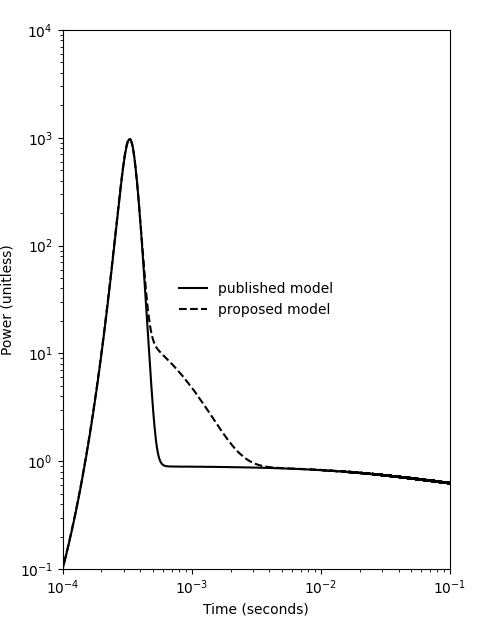As hypothesized in the Los Alamos Primer, nuclear weapons are feasible because the rate of the nuclear chain reaction is greater than the rate of thermal expansion of the fissile material. While thermal expansion of the fissile material ultimately extinguishes the nuclear chain reaction, the nuclear reaction has consumed a significant fraction of the fissile material by that point.
This hypothesis requires that each iteration of the nuclear chain reaction proceed at an extraordinarily fast pace. Specifically, the hypothesis requires:
A short time for the reproduction of neutrons in the nuclear chain reaction. The speed of the nuclear reaction is typically expressed as the neutron “lifetime”. In the model of Wimmet et al, the neutron lifetime is approximately 1/100,000,000 seconds.1
A small fraction of the neutrons in the chain reaction are produced through a “delayed” nuclear decay. In the study of Goda et al, neutrons produced in the nuclear chain reaction of uranium are delayed by as much as a minute, but the so-called “delayed neutron fraction” is less than 1%.
However, a marked divergence has been observed between theory and experiment as first reported in “Time behavior of Godiva through prompt critical.”

It is not clear why the model of the “burst” nuclear reaction is inaccurate. However, the failure to validate the nuclear explosions model raises questions about the feasibility of nuclear weapons. In particular, the divergence between theory and experiment of burst nuclear reactions suggests a potentially larger role of the delayed neutrons in the nuclear reaction. This possibility is illustrated below with a model that includes an additional delayed neutron group.2

In conclusion, there is zero evidence for the existence of nuclear weapons. Models purportedly showing the feasibility of nuclear weapons are flawed and the supporting experimental evidence strongly points in the opposite direction. In particular, a significant fraction of neutrons produced in the nuclear chain reaction may be produced after a delay - a delay that is fundamentally incompatible with the concept of nuclear explosions.
Assuming a delayed neutron fraction of 0.00659 and a neutron reproduction number of 2.2.


